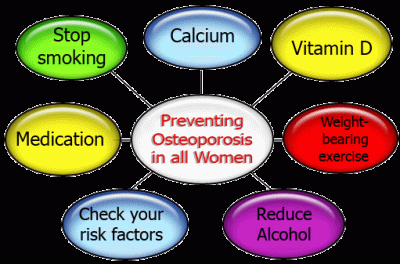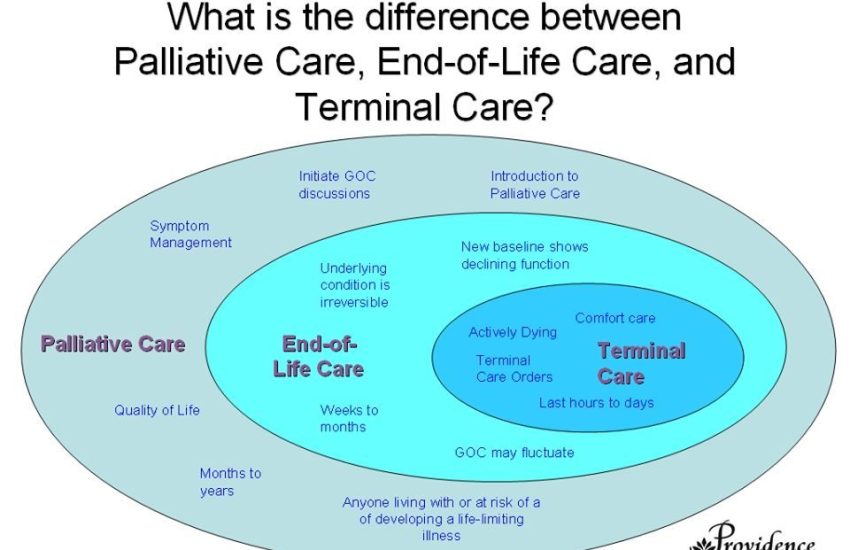Staying Active and Independent in Your Golden Years
As we enter our golden years, staying active becomes even more essential for maintaining good health and independence. Regular physical activity not only helps to prevent many chronic diseases but also improves overall physical and mental well-being. Engaging in exercises and activities tailored to your needs can enhance strength, flexibility, and balance, allowing you to enjoy a higher quality of life as you age.
Choosing the Right Activities
When selecting activities, it’s important to consider your preferences, physical abilities, and any existing health conditions. Low-impact exercises such as walking, swimming, and cycling can provide excellent cardiovascular benefits without putting excessive strain on joints. Strength training activities like lifting weights or using resistance bands help maintain muscle mass and keep bones strong, reducing the risk of falls and fractures. Flexibility exercises like yoga and stretching help to improve joint mobility and prevent stiffness.
Staying Motivated
Staying motivated is crucial to maintain an active lifestyle. Here are a few strategies to keep you on track:
Set realistic goals: Break down larger goals into achievable milestones to give yourself a sense of accomplishment.
Find a buddy: Exercising with a friend or joining a group can make physical activity more enjoyable and provide a support system.
Try something new: Variety prevents monotony and keeps things exciting. Consider exploring different activities such as dancing, tai chi, or gardening.
Reward yourself: Treat yourself with small rewards for meeting your exercise goals, such as enjoying a favorite meal or indulging in a relaxing massage.
Maintaining Independence
While physical activity contributes to maintaining independence, other factors also play a significant role:
Nutrition:
Eating a well-balanced diet consisting of fruits, vegetables, whole grains, lean protein, and healthy fats is essential to fuel your body and provide the necessary nutrients for optimal functioning. Remember to stay hydrated by drinking enough water throughout the day.
Mental Stimulation:
Engaging in activities that challenge your brain, such as reading, puzzles, or learning a new skill, helps keep your mind sharp and prevent cognitive decline. Social interaction is also crucial for mental health, so make sure to connect with friends and loved ones regularly.
Preventing Accidents:
Take measures to ensure your home is safe and free from hazards that may increase the risk of accidents. Install grab bars in bathrooms, use non-slip mats, and declutter walkways to prevent falls. Regularly check and maintain essential devices like smoke detectors and handrails.
Regular Health Check-ups:
Schedule routine check-ups with your healthcare provider to detect and manage any health issues that may arise. Stay up to date with vaccinations, screenings, and follow any prescribed medications or treatments.
The Benefits of Staying Active and Independent
By staying active and independent in your golden years, you can experience numerous benefits including:
Improved physical health: Reduced risk of chronic diseases, increased strength, flexibility, and balance.
Enhanced mental well-being: Lower rates of depression, anxiety, and better cognitive function.
Greater social engagement: Opportunities to connect with others and build relationships through group activities.
Increased quality of life: Retaining independence, accomplishing personal goals, and enjoying a fulfilling retirement.
Conclusion
Age should never be a barrier to leading an active and independent lifestyle. By choosing the right activities, staying motivated, and considering other factors like nutrition, mental stimulation, accident prevention, and regular health check-ups, you can make the most of your golden years. Embrace the opportunities to stay active, improve your overall well-being, and continue enjoying life to its fullest.


